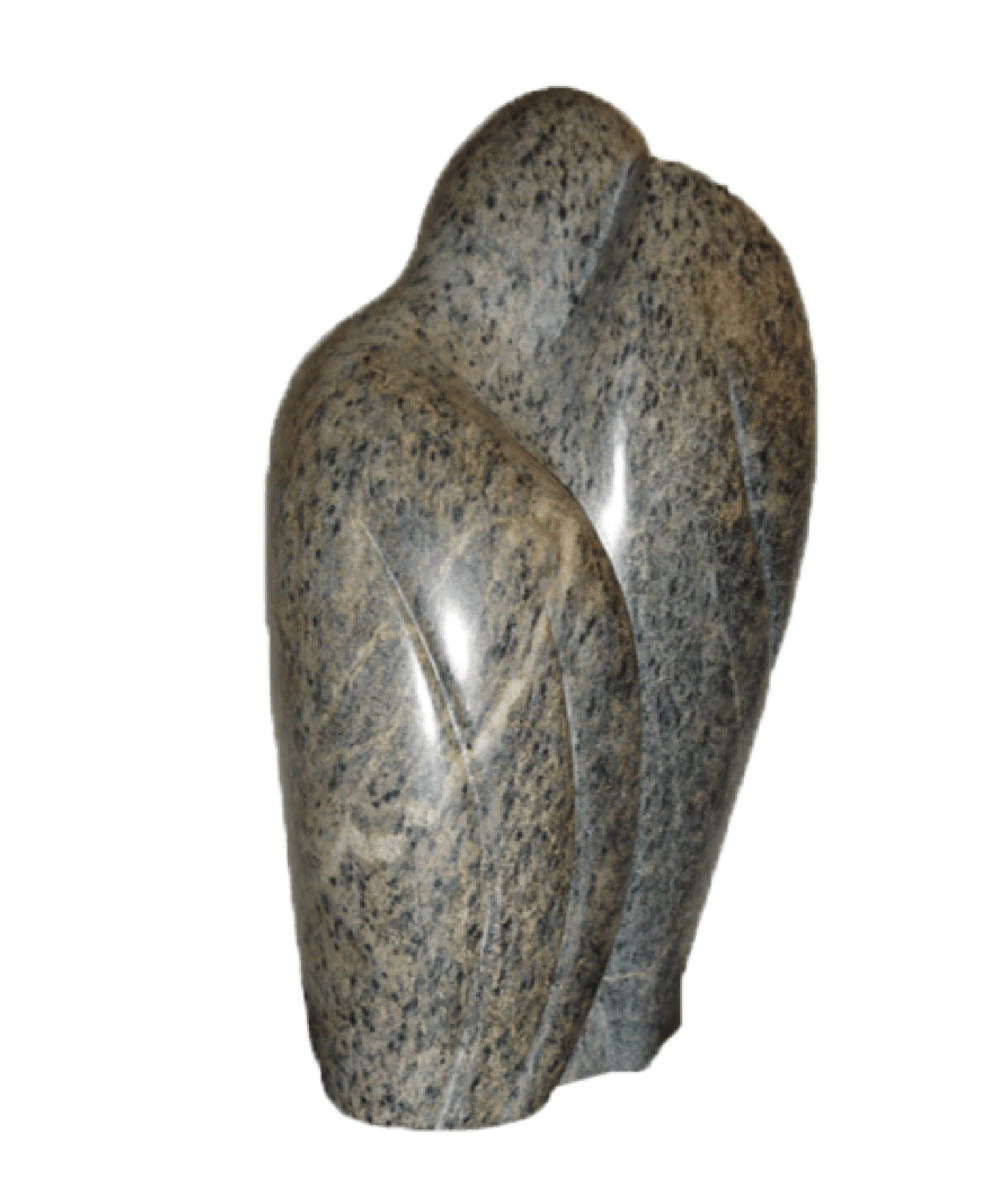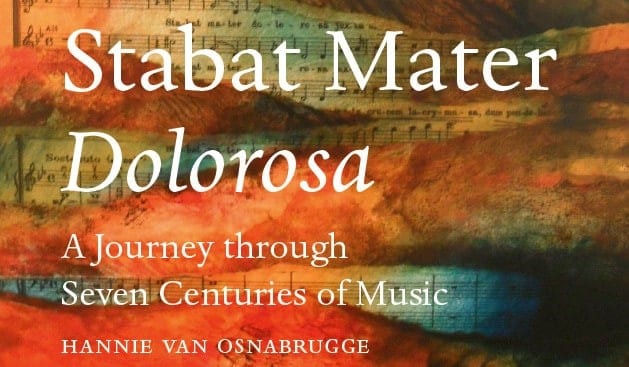Clémence de Grandval
About the composer
Marie Félicie Clémence de Reiset (1828-1907) was a prominent French composer born into a wealthy, artistically inclined family at Chateau de la Cour du Bois. Her early musical education included composition lessons from Friedrich Flotow and Frédéric Chopin, later studying with Camille Saint-Saëns. After marrying Vicomte de Grandval and having two daughters, she continued composing, often publishing under pseudonyms including Caroline Blangy and Clémence Valgrand due to her social position.
Grandval achieved significant recognition, winning the inaugural Prix Rossini in 1881. Her compositions spanned various genres, beginning with sacred music before expanding to operas, songs, and instrumental works, with notable pieces for oboe. During the 1870s, she became a central figure in the Société Nationale de Musique, becoming its most frequently performed composer and a significant financial supporter.
Despite her popularity and critical acclaim during the second half of the 19th century, some of her orchestral scores have been lost. Saint-Saëns’ dedication of his Oratorio de Noel to her reflects her standing in the French musical community of her time.
About the Stabat Mater
| Date: | 1870 |
| Performers: | choir, soloists (soprano, mezzo-soprano, tenor, bariton), piano and harmonium |
| Length: | 58 minutes |
| Particulars: | Clémence de Grandval was among the important French composers of the second half of the 19th century, despite two handicaps: being born a woman and an aristocrat, which automatically placed her among the dilettantes. As a composition student of Camille Saint-Saëns, she achieved success in all musical genres popular at the time, from melody to opera. The Academy of Fine Arts awarded her the Rossini Prize in 1881 for her oratorio "La Fille de Jaire" and recognized her important chamber music in 1890 by awarding her the Chartier Prize. Her Stabat has enjoyed success since its creation in Paris in 1870 and has been in the repertoire of numerous churches and concert societies in Paris and the provinces for several decades. |
| Textual variations: | |
| Colour bar: |
|
Information about the recording
| CD: | Clemence de Frandval – STABAT MATER – Hortus 244 |
| More info: | Recorded from January 9 to 12, 2024, in the Notre-Dame du Liban church (Paris). Artistic direction by Yves Rousseau and Anthony Vigneron. Sound recording, editing, and mastering by Paul Giroux. |
| Choir: | Vittoria Regional Choir of Île-de-France |
| Conductor: | Michel Piquemal |
| Soloists: | Anne Calloni, soprano |
| Code: | GRAN 01 |





